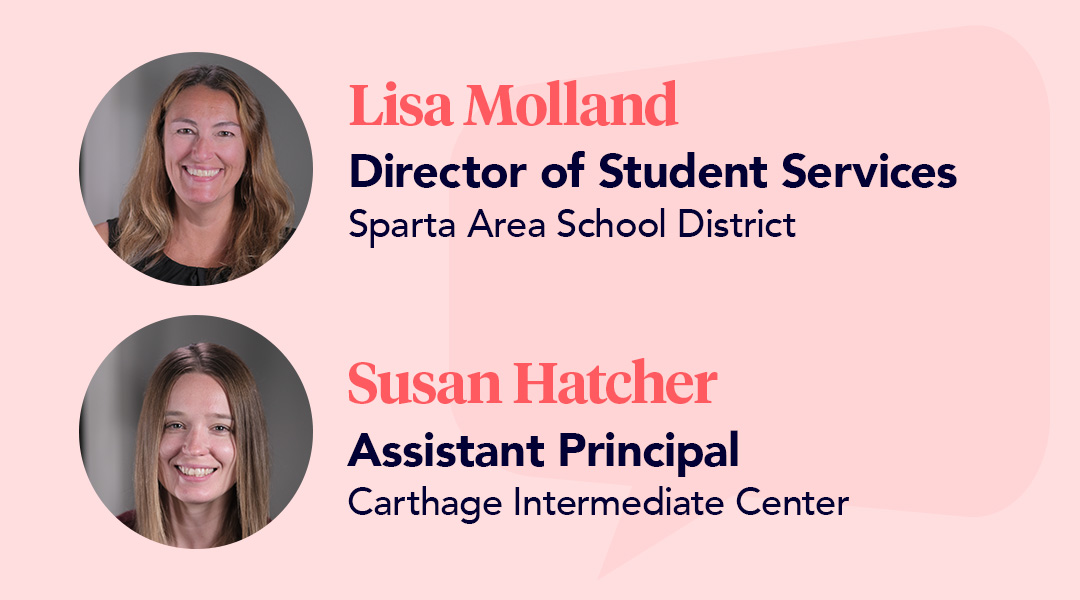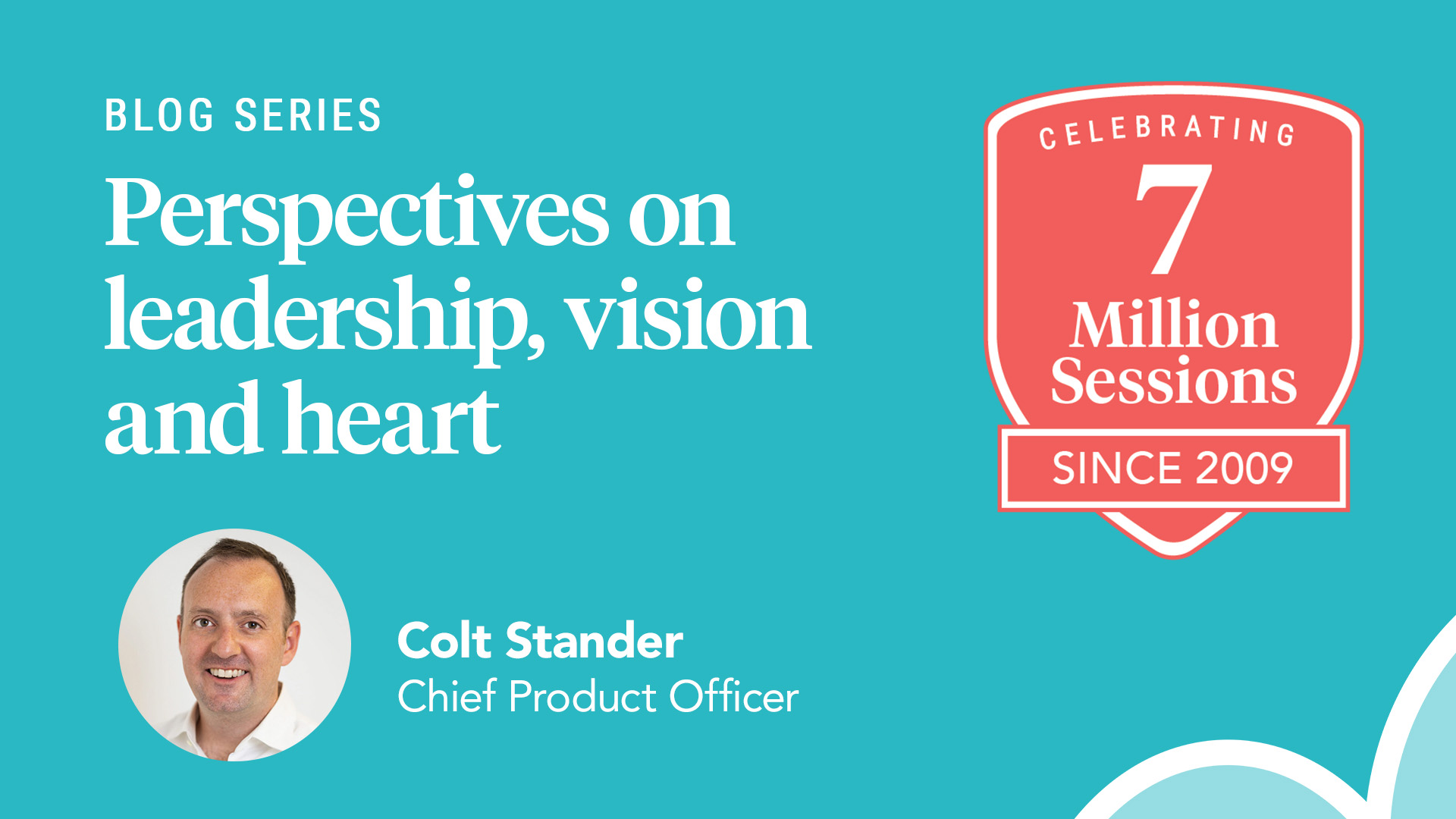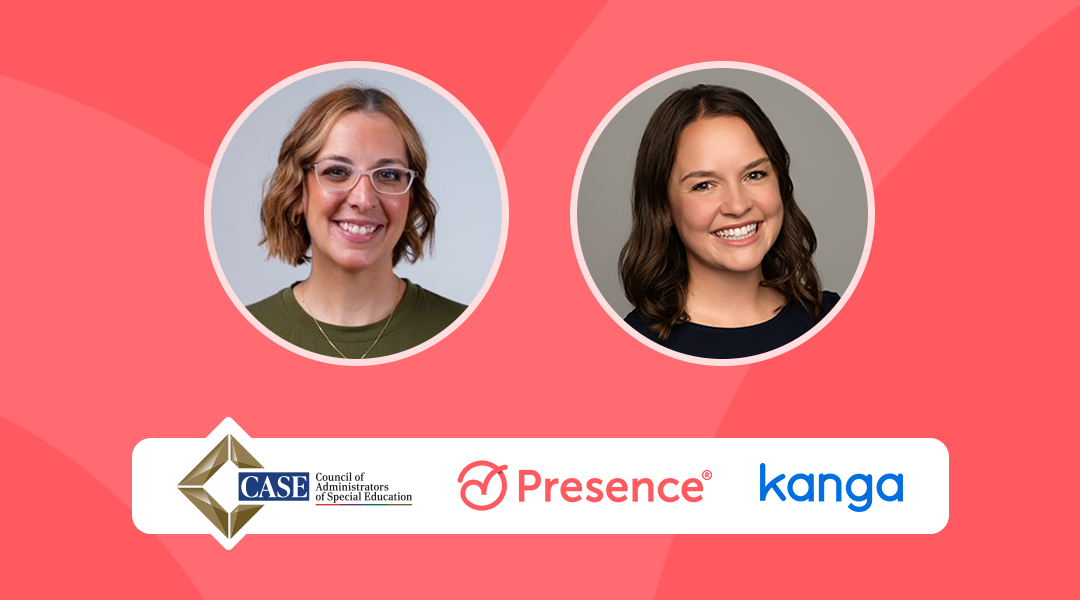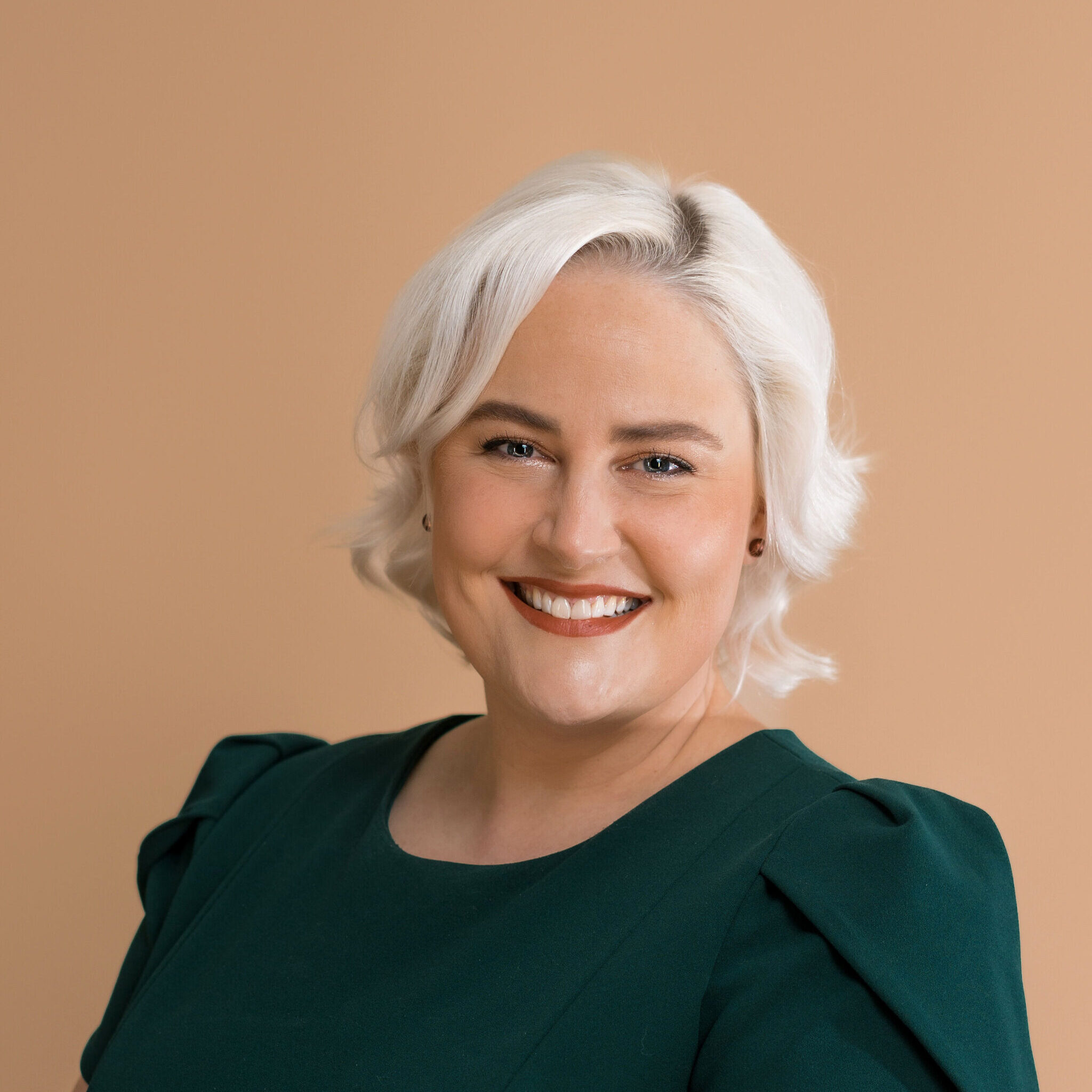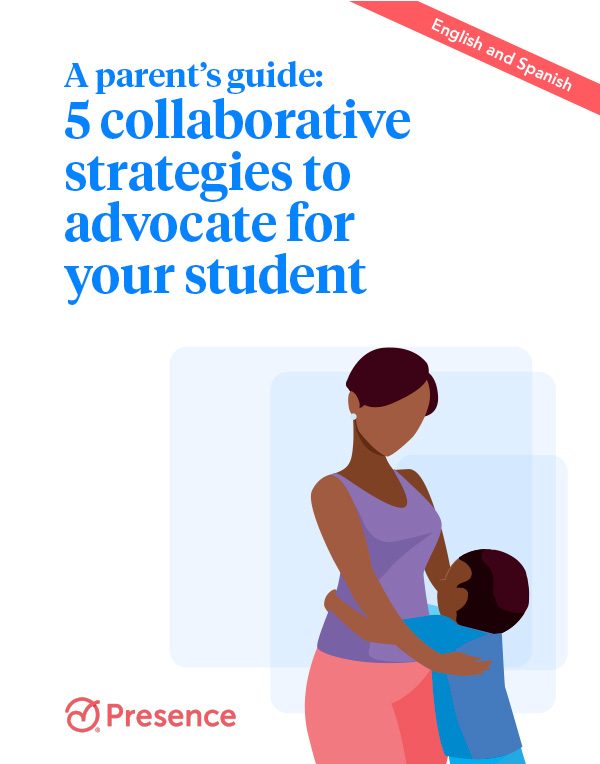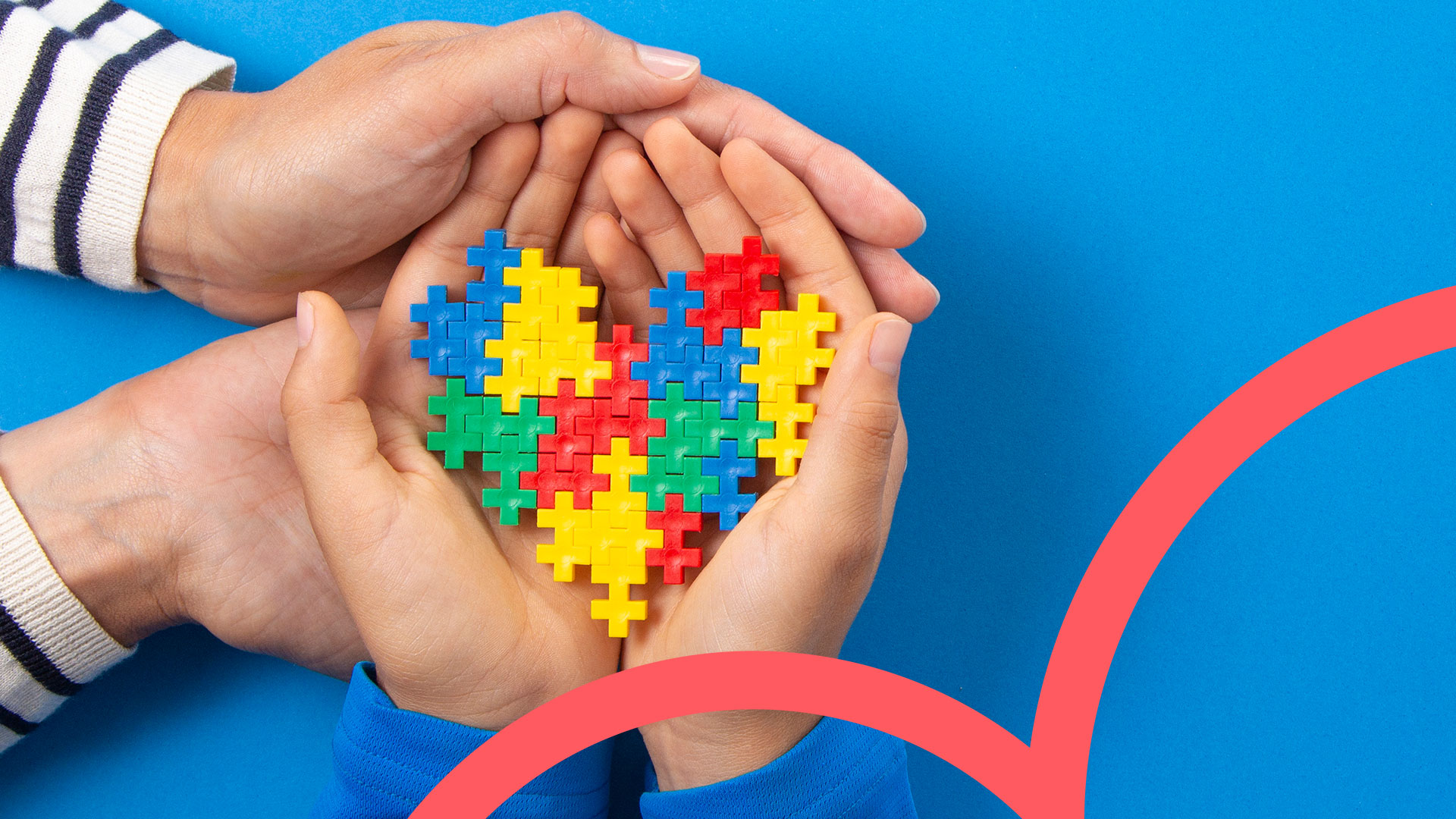 We know there are learners of all kinds—and at Presence, we are fortunate to have the opportunity to work with and learn from many students with unique needs and learning styles. That’s why throughout April, we are proud to celebrate Autism Acceptance Month.
We know there are learners of all kinds—and at Presence, we are fortunate to have the opportunity to work with and learn from many students with unique needs and learning styles. That’s why throughout April, we are proud to celebrate Autism Acceptance Month.
This month is a time to not only understand and accept neurological differences, but value and celebrate what makes us all unique. A quick clarification: Neurodiversity is considered an umbrella term for neurodivergent conditions, such as Autism Spectrum Disorder, ADHD, dyslexia, and others. Throughout April, we honor the unique ways every person interacts with the world by helping to make connection and contribution possible for all. Connection is especially important. To connect each learner with the support services that can set them up to thrive — and to connect to each other. By promoting acceptance and appreciation of the neurodiverse and Autism communities, we can spread awareness, celebrate our differences, and expand solutions to serve all children.
Acknowledging our differences
Here is what we know to be true: All brains function differently. Therefore, we all perceive and interact with the world in different ways. Which is a good thing! Autism is a complex, lifelong developmental condition that typically appears during early childhood and can impact communication, social skills, and self-regulation. Autism can be defined by a certain set of behaviors and is often referred to as a spectrum. This means the experience can present in varying degrees, and is different for everyone.
The need to expand how we serve the autism community, in particular, is ongoing. More than 7 million individuals across the U.S. are on the autism spectrum, and it’s one of the fastest growing developmental disabilities in the nation. In fact, today about 1 in 31 (3.2%) children aged 8 years have been identified with autism. Twenty years ago, that ratio was closer to 1 in 166. Experts agree the increase is due to the expanding awareness of autism — and also changes to the criteria of how the condition is diagnosed. While acknowledgement and understanding is critical, finding ways to embrace inclusion is how we can reach meaningful acceptance.
Understanding our differences
Neurodiversity is the understanding that people experience and interact with the world in many different ways — there is no right or wrong way of thinking, behaving, or learning. The neurodiversity movement emerged in the 1990s, with the goal to increase inclusion and acceptance of neurological differences. Today, neurodiversity can be described as:
“The concept that neurological differences are recognized and respected as natural variations of human beings rather than deficiencies. Neurodiversity represents the idea that people with neurocognitive variants do not need to be cured; they need to be accommodated to realize their unique talents.”
Neurodiversity includes conditions, ranging from autism to attention-deficit/hyperactivity disorder (ADHD) to specific learning disabilities. In particular, autistic individuals possess a distinct social, sensory, and executive functioning neurotype. The way children learn, play, move, and speak can all be important indicators of a child’s development. Early evaluations and interventions are crucial to identifying students’ needs and providing the proper support so they can thrive academically and reach their full potential. In fact, an April 2025 CDC study found early identification of Autism specifically can help children receive resources and services needed to help improve long-term outcomes.
Accepting our differences
When we allow brains to thrive without the anxiety to conform, we unlock their strengths and give society the gift of an untapped perspective. Our neurology manifests uniquely with different needs and thresholds across sensory processing, communication, learning, and socializing. We can expect for everyone to be different, and that’s not only okay — it’s pretty great.
So when it comes to childhood developmental challenges, there is rarely a one-size-fits-all approach. Rather, children with diverse needs often benefit from personalized care, from speech-language therapy to mental health counseling to psychoeducational assessments to occupational therapy. Every person has different needs and comes from different circumstances — accepting our differences means that we embrace different groups of people needing different resources and opportunities to thrive.
Celebrating our differences
It is on all of us to help unlock the full potential of every learner. Expanding access to robust supports and targeted resources through remote assessments and virtual teletherapy can help meet students where they are. Inclusive learning environments mean all students feel a sense of belonging. This can take many forms. We know that making accommodations for a student with sensory needs can often benefit the whole classroom — or incorporating more breaks for movement and physical regulation is a proven classroom management strategy that benefits everyone. Autism Acceptance Month recognizes that Autism is more than a diagnosis, but a lived experience that includes both challenges and great successes. Throughout April, let’s collectively commit to challenging misconceptions, understanding neurological differences, and celebrating the many talents of neurodiverse minds.

